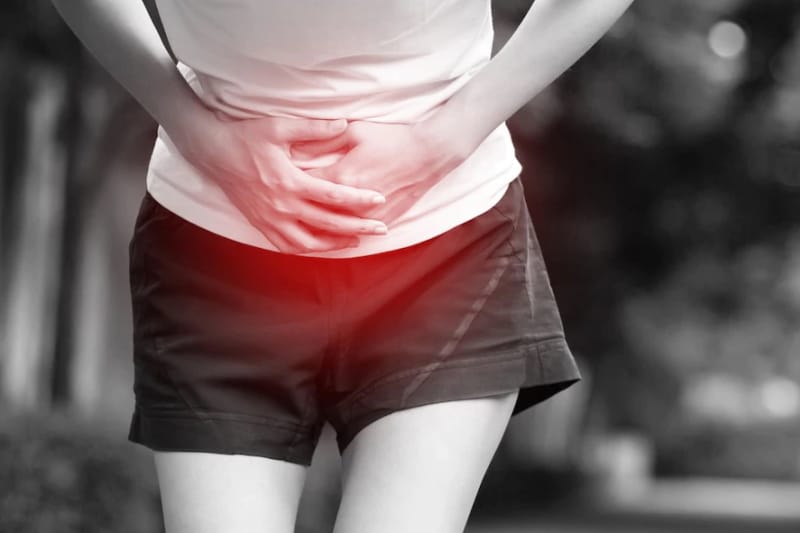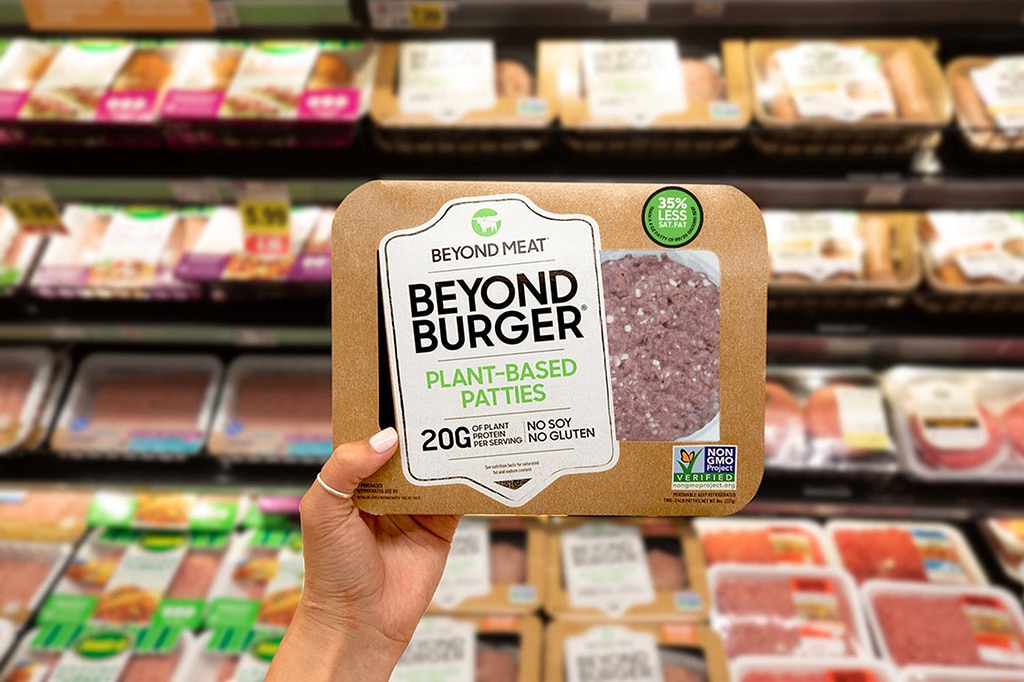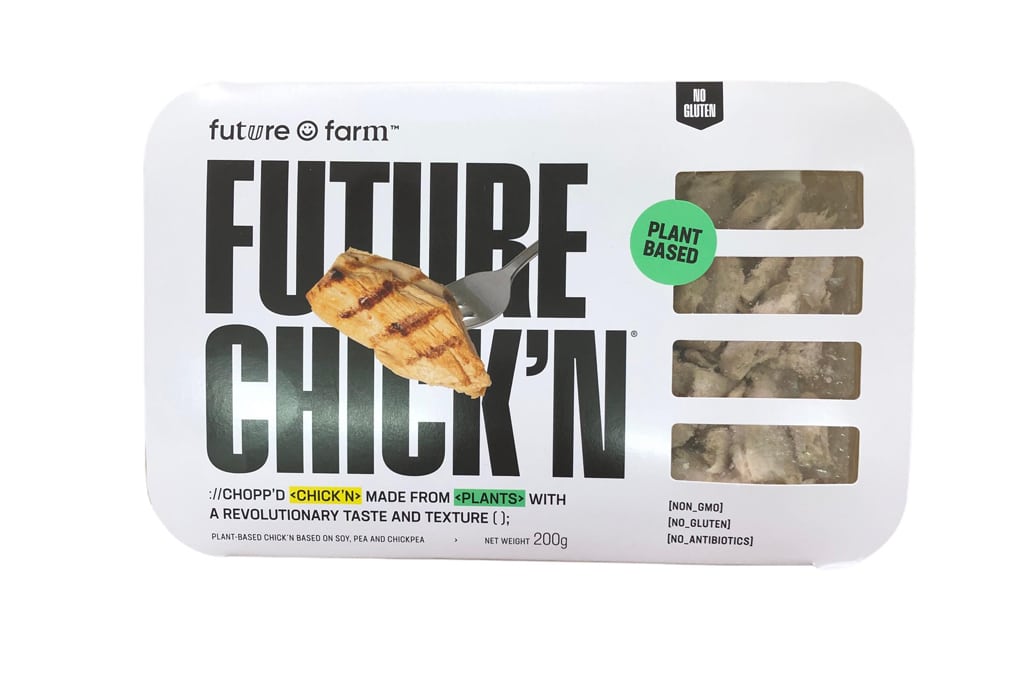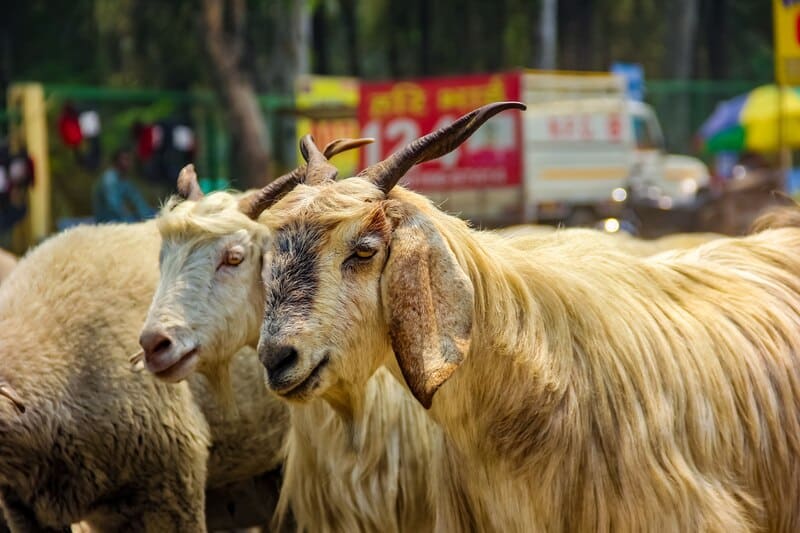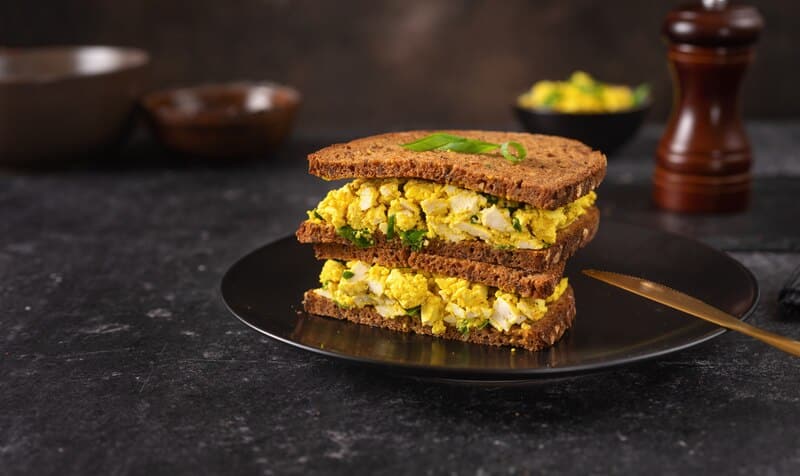Veganism is associated with bloating. Here are six methods for dealing with diarrhea and other digestive issues.
A vegan diet or eating more plant-based meals can indeed improve one’s health. However, a large change in your diet may result in digestive discomfort, such as bloating, gas, heartburn, and an upset stomach. Fortunately, being more mindful of the food you consume is one approach to help heal your stomach. Here are six strategies to alleviate bloating on a vegan diet, as well as how to reduce bloating.
Why can veganism lead to bloating?
10-to-25 percent of healthy persons occasionally have stomach bloating. However, it appears that beginning vegans, vegetarians, and flexitarians are particularly susceptible to bloating, gas, and stomach cramps.
The culprit is typically dietary fiber, which, unlike protein or carbohydrates, passes through your digestive tract undigested. Fiber is mostly found in fruits, vegetables, whole grains, and legumes, and it has numerous health benefits, such as decreasing “bad” cholesterol, managing blood sugar levels, improving longevity, and promoting healthy bowel function.
Some vegetables may lead to greater bloating than others. “Cruciferous vegetables such as broccoli, cabbage, Brussels sprouts, and cauliflower are also responsible for some of these negative impacts,” Stephanie Wells, RDN, says VegNews. Raffinose is not digested until it is fermented by bacteria in the large intestine, which results in the production of gas.
How to alleviate bloating on a vegan diet?
Jenna Volpe, an RDN who specializes in gut health, tells VegNews that adopting plant-based diets will likely increase a person’s fiber intake tremendously, especially if they replace a considerable quantity of meat with more beans and legumes, which are very high in fiber.
As the body adjusts to the increased fiber intake, some people may experience bloating for a few days, while others may experience it for several weeks. It may also be an indication of an underlying illness, such as intestinal permeability or irritable bowel syndrome. The best approach to determine if your digestive issues require medical attention is to consult a doctor. Consult a physician if you have persistent discomfort.
Here are six techniques to handle ordinary bloating on a vegan diet, excluding digestive problems that should be addressed by a physician.

- Consume slowly and thoughtfully
Slow eating is not only about appreciating the meal. It can also aid in reducing bloating. As a result of an increase in satiety hormones, research indicates that people prefer to eat less when they eat slowly. There are several causes for this phenomenon. When you eat quickly, you tend to swallow more air, which can lead to abdominal distention.
So, increasing your awareness of the amount of fiber in your diet can also be beneficial. Wells suggests gradually incorporating high-fiber items into your diet, rather than all at once.
“Start by consuming fewer beans and cruciferous vegetables, and alternate whole grains with processed grains,” she advises. It varies from person to person, but lentils may cause less gas than other legumes for certain people. Tofu and tempeh are additional plant-based proteins that are typically easier to digest.
If you have recurrent concerns with bloating, you may want to start recording your daily meals and symptoms in a food journal. This could help you or your physician discover potential triggers.
VegNews.GutHealth.Canva2Canva
- Consume water, and not just with meals
The majority of vegan diets, especially whole-food plant-based diets, are high in fiber. However, like with other diets, adequate water intake (3.7 liters per day for men and 2.7 liters per day for women) is necessary to maintain a healthy body. Water inhibits soluble fiber, which is present in oats, beans, apples, citrus fruits, and carrots, from remaining in the digestive tract for too long. Insoluble fiber, which is contained in foods such as whole wheat flour, beans, and potatoes, attracts water in the small intestine, so accelerating the body’s elimination of water.
“It is preferable to drink water throughout the day as opposed to only at mealtimes,” explains Wells, so that water is easily available for digestion.
VegNews.Beans
- Soak legumes before eating
Legumes, which include chickpeas, black beans, lentils of all colors, pigeon peas, mung beans, and split peas, are a major source of plant-based protein and a mainstay in many cuisines. However, their high fiber content might exacerbate gas and bloat. Soaking dried beans overnight removes the sugars responsible for this, lessening the likelihood that they may cause stomach trouble.
“Some people also find that blended beans, such as hummus and other bean dips, are simpler to digest,” explains Wells.
VegNews.VeganDietBloating.Unsplash
- Take a walk
A quick stroll or modest exercise session after a meal, if you have the capacity for it, will help minimize bloating and gas. Keep things casual so you don’t overwork your body while it’s trying to digest food. Alternately, you may complete some household tasks.
VegNews.GutHealth.Canva5Canva
- Limit your intake of processed foods, salt, and fat
Certain processed foods might cause gas and bloat. These include carbonated beverages and sugar substitutes such as xylitol, sorbitol, and mannitol.
Salt is another offender. This is because sodium encourages the body to retain water, which can result in bloating. Numerous processed foods, such as cured meats, cold cuts, and fast food, are rich in sodium.
Additionally, limiting your fat consumption to tiny amounts of healthy oils and plant-based fats may help prevent bloating. Your digestive system requires additional time to handle fat.
Limit your consumption of excessively salty and high-fat snacks, such as fast food, chips, and other snacks, fried foods, and other highly processed foods, to prevent gas and bloating.
Atlas of VegNews.BeefyBowls
- Eat more fermented foods
According to research, probiotic foods like sauerkraut, kombucha, kimchi, miso, and tempeh may aid in reducing bloating. However, additional information is required to determine which probiotic strains are especially advantageous. In any case, the medical profession acknowledges that probiotics are beneficial for your gut in different ways; therefore, consider including them in your daily diet. Kimchi is included in these vegan Korean BBQ bowls.

